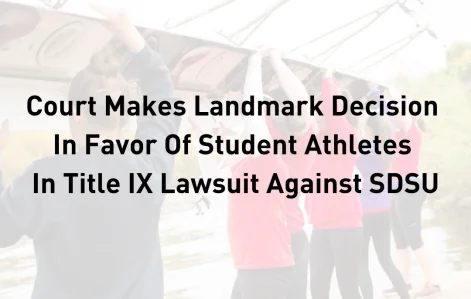Like many other strategic maneuvers by corporations that can only be characterized as one-sided and unfair, such as burying arbitration clauses in paperwork which deny consumers the right to a fair and impartial jury trial and immunize corporations from sweeping class-wide liability no matter how egregious their conduct, corporations have been attempting to suppress class-wide liability by offering individual plaintiffs the relief necessary to make them whole at the outset of the litigation in order to shut down multi-million dollar class actions. In other words, the corporation’s argument is that by offering the named plaintiffs their full relief (which is often only a few hundred or few thousand dollars), the plaintiff has been made whole and, thus, the case is moot. By making such an offer, the corporation’s hope is to shut down its potential liability for multiple millions of dollars it would owe to all of the remaining class members.
Rightly so, named plaintiffs, who have promised to uphold their duties to protect and pursue rights not only on behalf of themselves but all of the absent class members, generally reject such strategic offers by corporations meant to shut down the absent class members’ rights to pursue justice. Instead, they choose to reject such strategic offers to pursue justice in court on behalf of all those similarly harmed. Recognizing that the corporation’s offers is nothing more than a strategic move to moot the lawsuit, the consumer’s position, correctly, is that they have every right to reject such offers and that such a rejection does not moot their class-wide claims, particularly in the face of the corporation’s continuing denial of liability.
Today the U.S. Supreme Court ruled in favor of the consumer. The high court held corporations cannot cut off class action claims by making an offer of full relief to individual plaintiffs where the plaintiff refuses to accept the offer. Justice Ruth Bader Ginsburg held that an unaccepted settlement offer has no force.” Just like other “unaccepted contract offers, it creates no lasting right or obligation. With the offer off the table and the defendant’s continuing denial of liability, adversity between the parties persists.” Today is a victory for consumers in holding corporations accountable for their conduct that may have harmed hundreds if not millions of consumers. The case is Campbell-Ewald Co. v. Gomez, No. 14-857, in the Supreme Court of the United States.
To schedule your free initial evaluation, contact us online or call (619) 342-8000 today!





